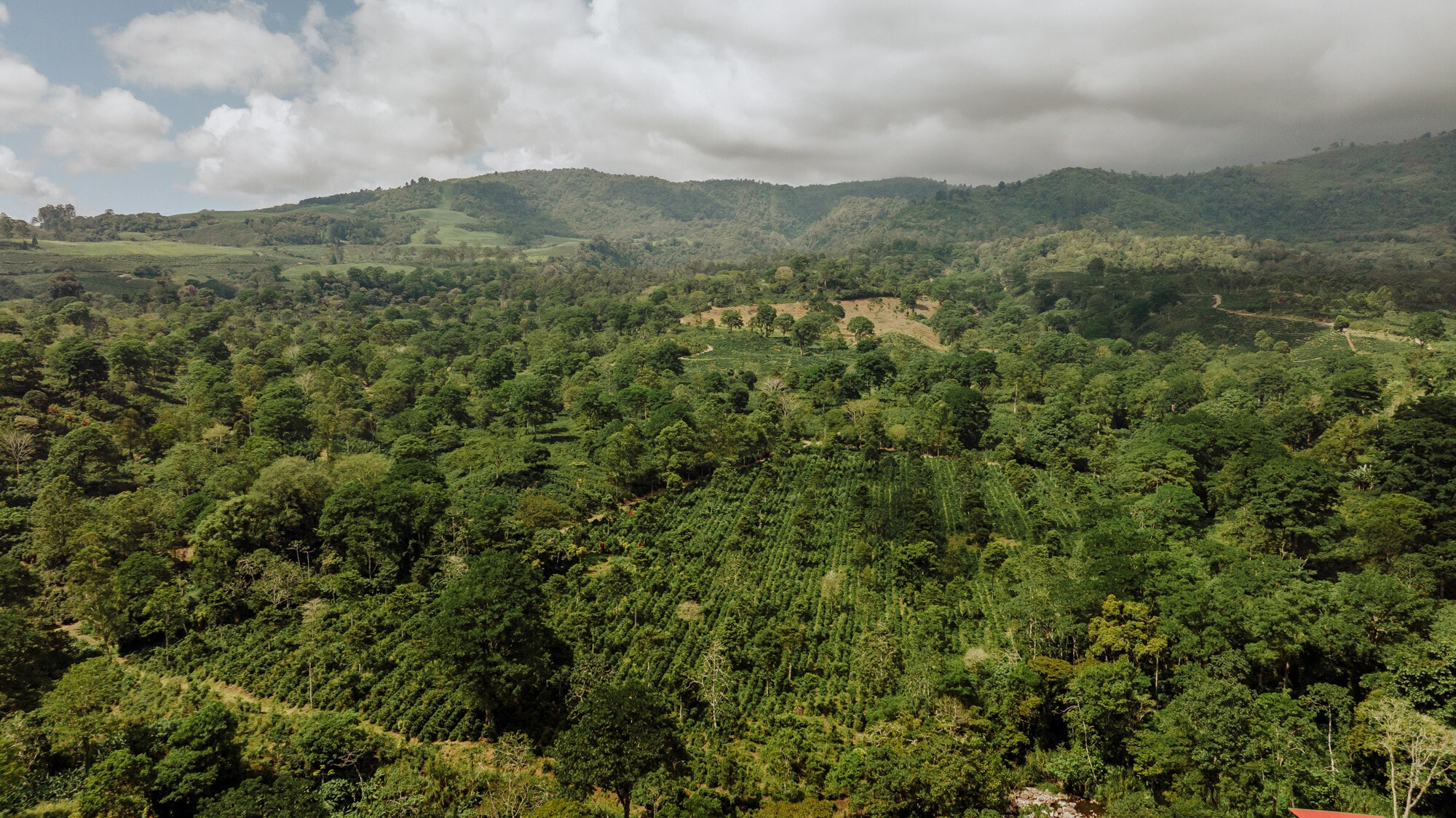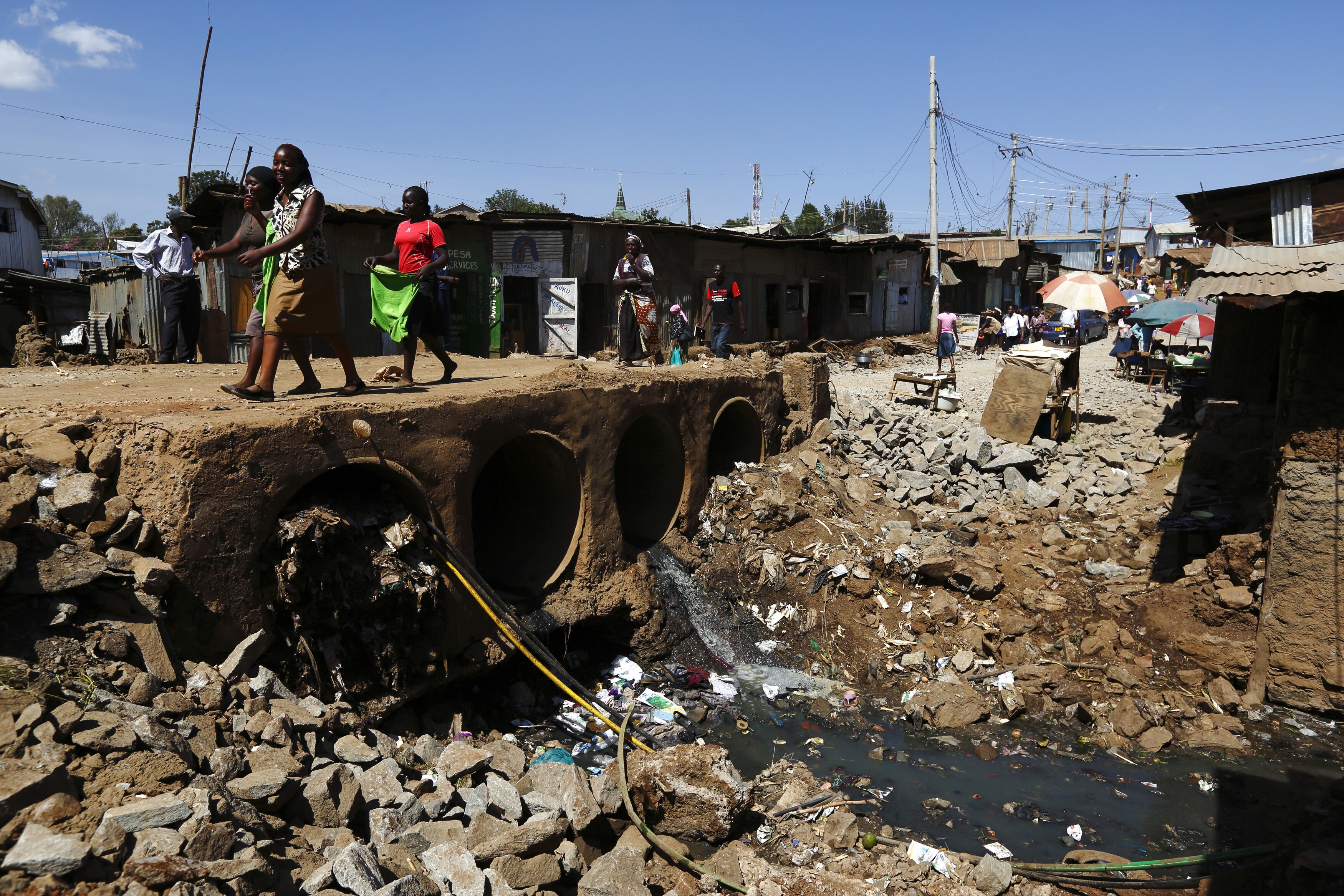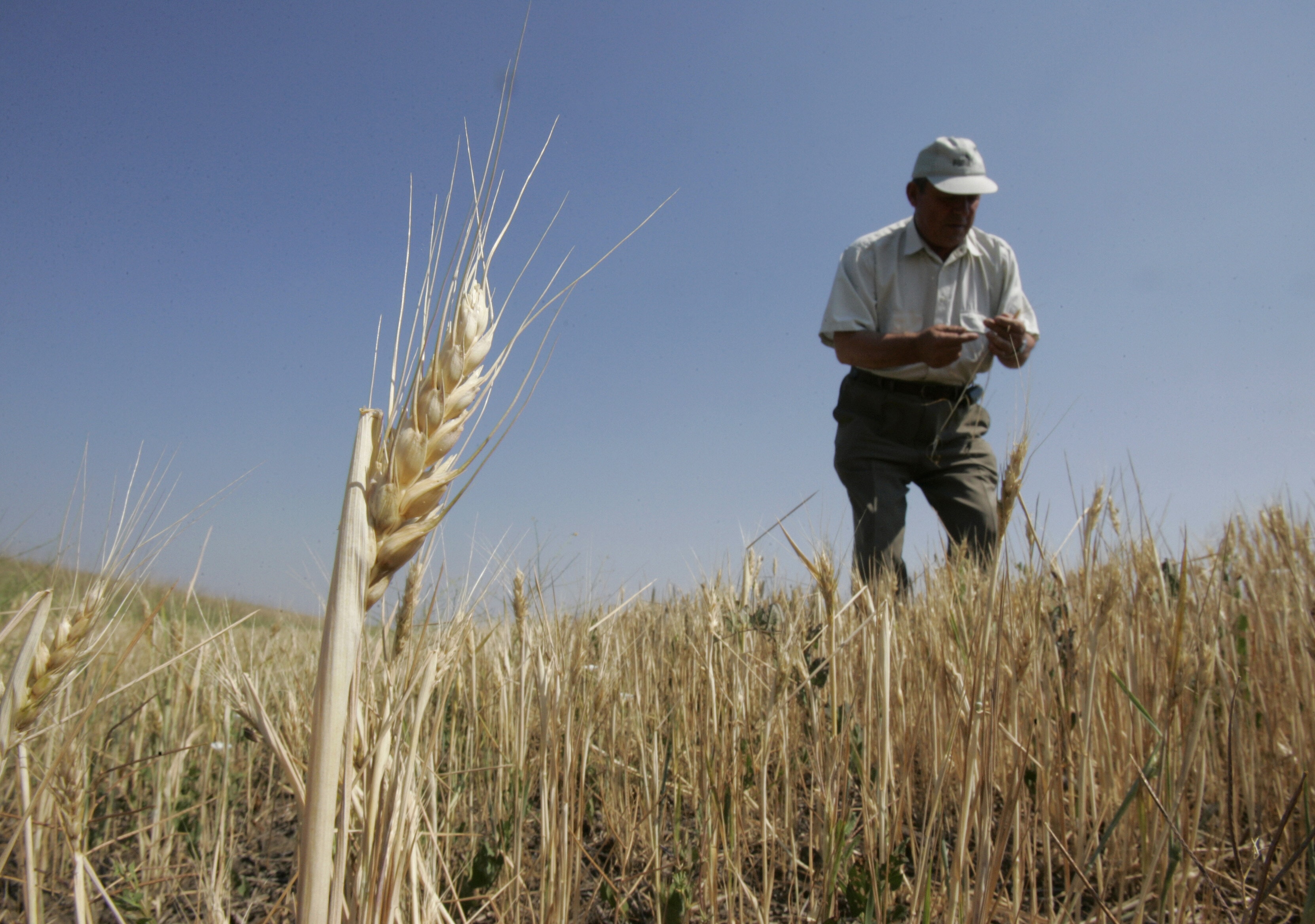These 3 smartphone apps are helping to reduce food waste around the globe. Here’s how

These smartphone apps are helping shoppers, grocery stores, restaurants and food manufacturers cut their food waste.
Image: Unsplash/Ja Ma
Stay up to date:
Food Security
Listen to the article
- 931 million tonnes of food is wasted every year, contributing between 8% and 10% of global carbon emissions, the UN Environment Programme estimates.
- These smartphone apps are helping shoppers, grocery stores, restaurants and food manufacturers cut their food waste.
- Governments are increasingly introducing policies to tackle food waste, which costs the world $1 trillion a year.
Food waste is a mounting problem globally. About a third of the world’s food is wasted or lost, according to the WWF, with huge impacts for people, the planet and the economy.
More than 800 million people go to bed hungry every night, according to the World Food Programme.
And the 931 million tonnes of food that’s wasted every year creates between 8% and 10% of global carbon emissions, the UN Environment Programme estimates.
So what can be done to tackle this issue? Technology is one solution.
Smartphone apps that help reduce food waste
Around the world, smartphone apps are encouraging people to shift their approach to food waste. Here are three of them.
1. Half-price food at a click
In Egypt, an app called Tekeya lets bakeries, restaurants, grocery stores and dessert shops sell their fresh unsold food at half price. It means bargain food for shoppers, who use Tekeya’s free app to browse and buy discounted food near them.
It also means more profit for the shops and restaurants, by increasing their sales and reducing waste processing costs. Tekeya users can also use the app to donate free meals to charities.
In 2021, Tekeya says it managed to save around 40,000 meals, which is equivalent to 85 tonnes of CO2.
2. Surplus food scooped up
Accept our marketing cookies to access this content.
These cookies are currently disabled in your browser.
In the United Kingdom, a similar app called Too Good To Go lets shoppers buy and collect surplus food at discounted prices from local restaurants, bakeries, grocery stores and food manufacturers.
Food is sold in mixed bags. “You won’t know exactly what’s in your order until you pick it up - it’s all part of the surprise,” the company says.
More than 20,000 food outlets are using the app to cut their food waste and almost nine million shoppers are using the app to buy discounted food, with 12 million bags of food saved from going to waste so far, Too Good To Go says.
Run by Mette Lykke, a World Economic Forum Young Global Leader, the company is also trying to educate people on the difference between ‘best before’ and ‘use by’ labels on food, to prevent unnecessary wastage.
Accept our marketing cookies to access this content.
These cookies are currently disabled in your browser.
3. Neighbourhood food sharing
Olio is a free app that lets you share food with your neighbours, instead of wasting it. This might be food that needs to be eaten before a holiday or leftover catering supplies, for example. Edible food that’s within its ‘use by’ date can be shared.
App users post a photo and details of food they don’t need, and can also browse other listings. Olio says almost 6 million people in more than 60 countries have so far used its app to share more than 52 million portions of food.
What else can we do about food waste?
Not buying too much food is one way we can all reduce food waste, suggests BBC Good Food. Only buy what you can eat before the use-by expiry date, it suggests.
The BBC also advises that leftover food can be used to make new dishes. For example, using old bread to make a breadcrumb topping.
With food waste globally costing $1 trillion a year, governments are starting to take action, according to Winnow Solutions, a technology company that helps commercial kitchens cut food waste.
For example, in 2018, Australia pledged to halve its food waste by 2030. Funding food rescue charities was a key part of its policy.
In France, new laws have been introduced to reduce food waste. These include mandatory recycling for any business producing more than 10 tonnes of organic waste a year.
And in South Korea, food waste in the capital Seoul fell 10% – 300 tonnes of food a day – over four years after a new policy was introduced to charge homes for recycling based on how much food they throw out.
What is the World Economic Forum doing to help ensure global food security?
Accept our marketing cookies to access this content.
These cookies are currently disabled in your browser.
Don't miss any update on this topic
Create a free account and access your personalized content collection with our latest publications and analyses.
License and Republishing
World Economic Forum articles may be republished in accordance with the Creative Commons Attribution-NonCommercial-NoDerivatives 4.0 International Public License, and in accordance with our Terms of Use.
The views expressed in this article are those of the author alone and not the World Economic Forum.
Related topics:
Forum Stories newsletter
Bringing you weekly curated insights and analysis on the global issues that matter.
More on Food and WaterSee all
Juliana Jaramillo
September 8, 2025
Jean-Philippe Salcedo
August 29, 2025
Luna Atamian Hahn-Petersen and Silje Hansen Eeg
August 26, 2025
Ridwan Sorunke and Alyse Schrecongost
August 25, 2025
Tom Crowfoot
August 14, 2025






